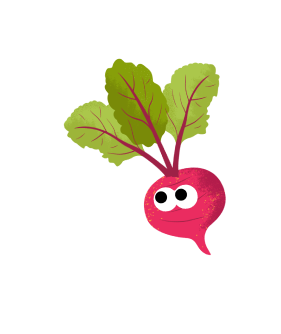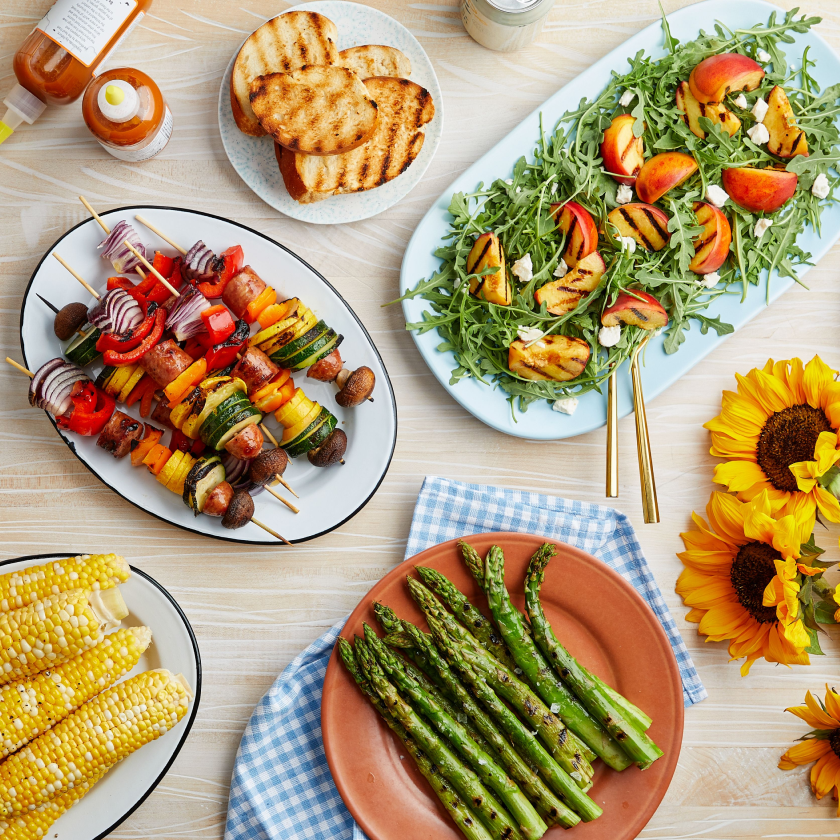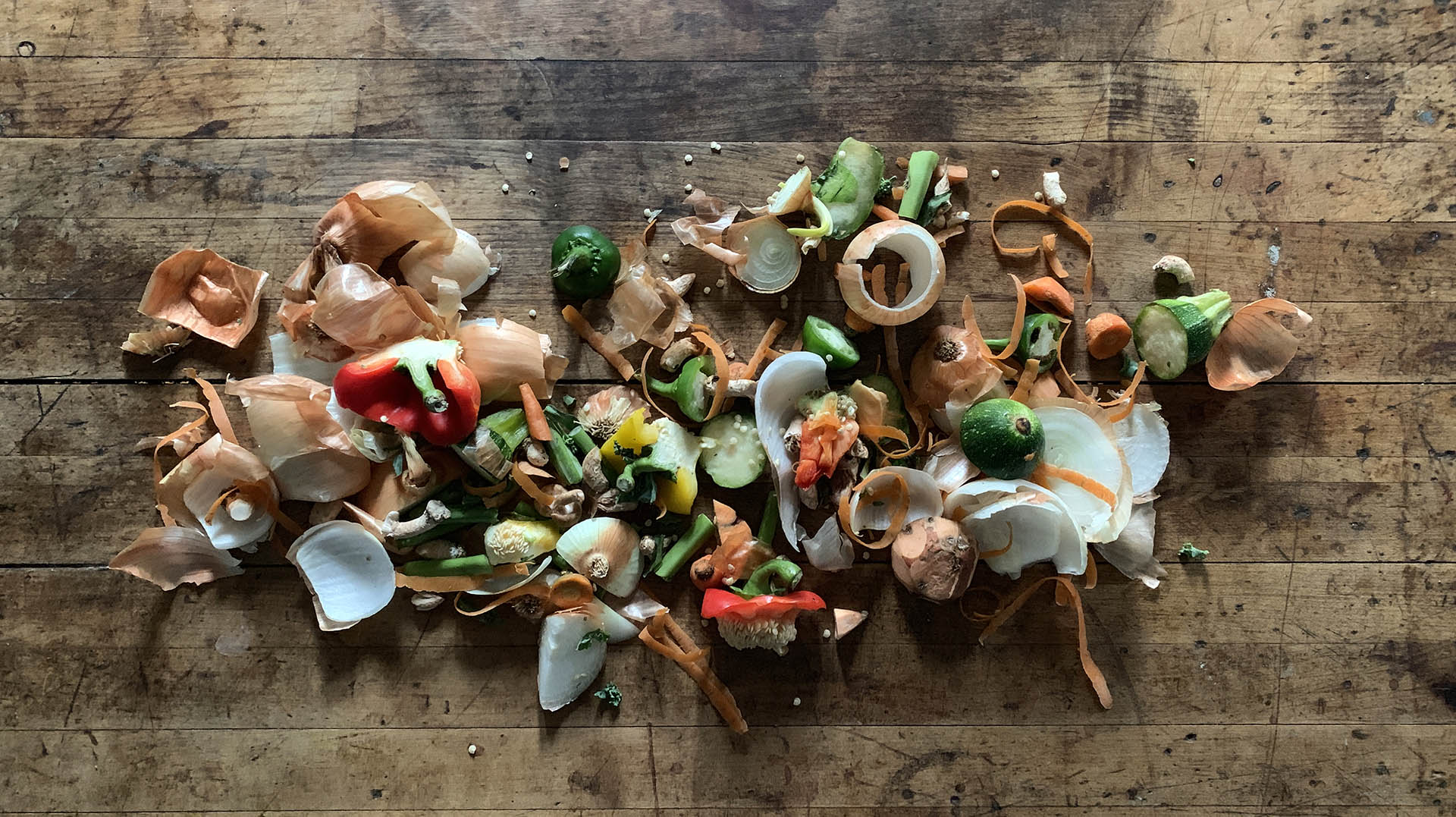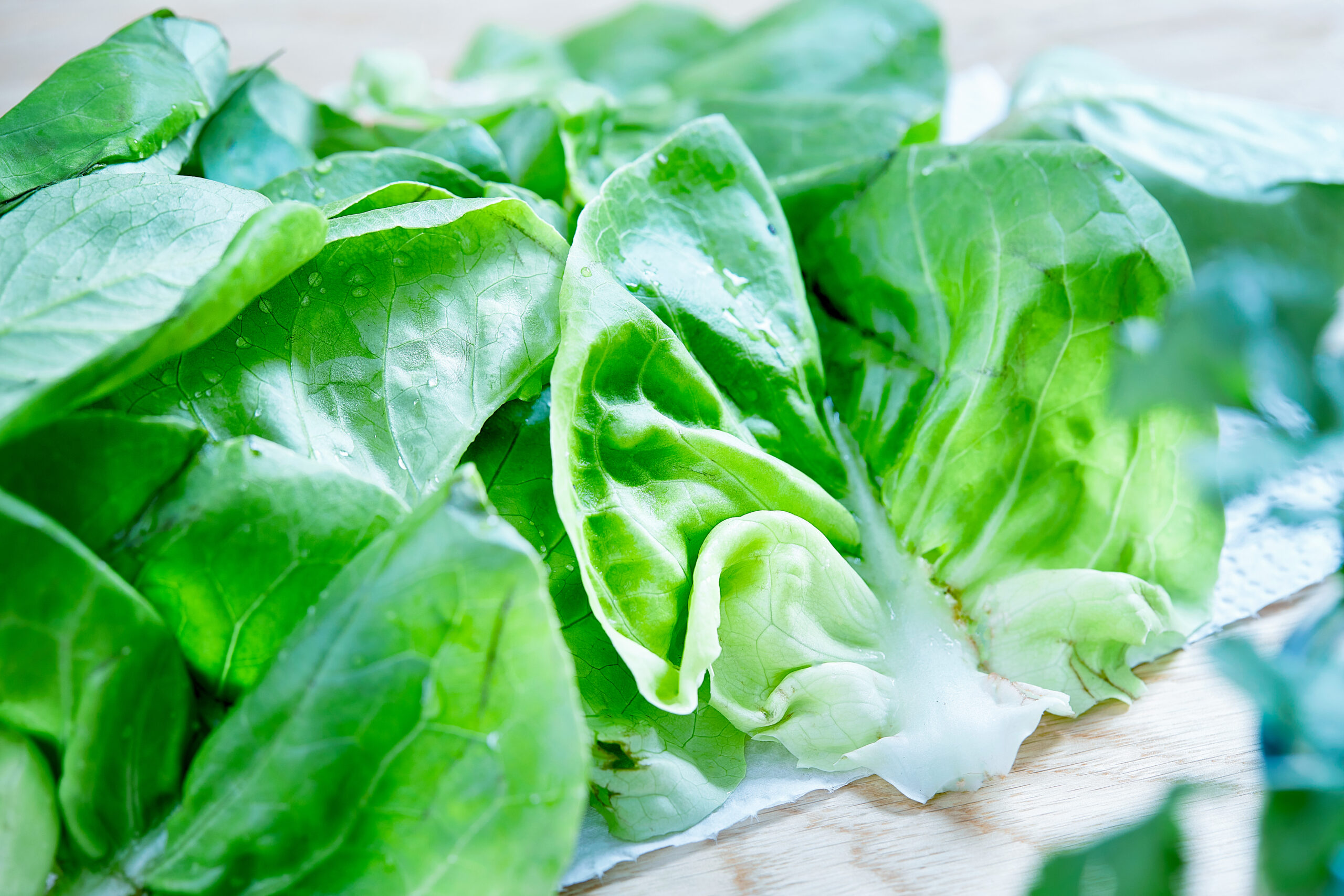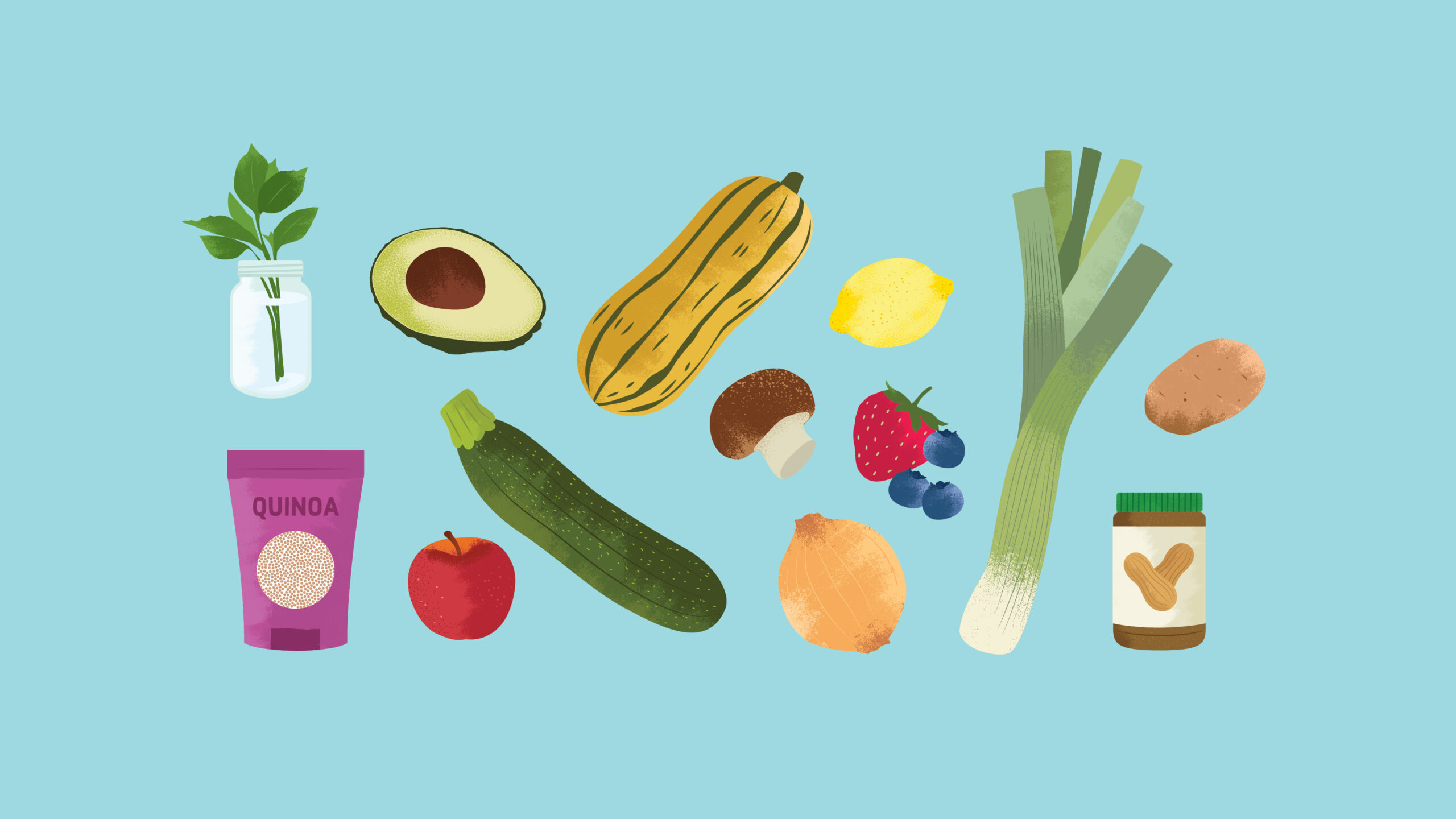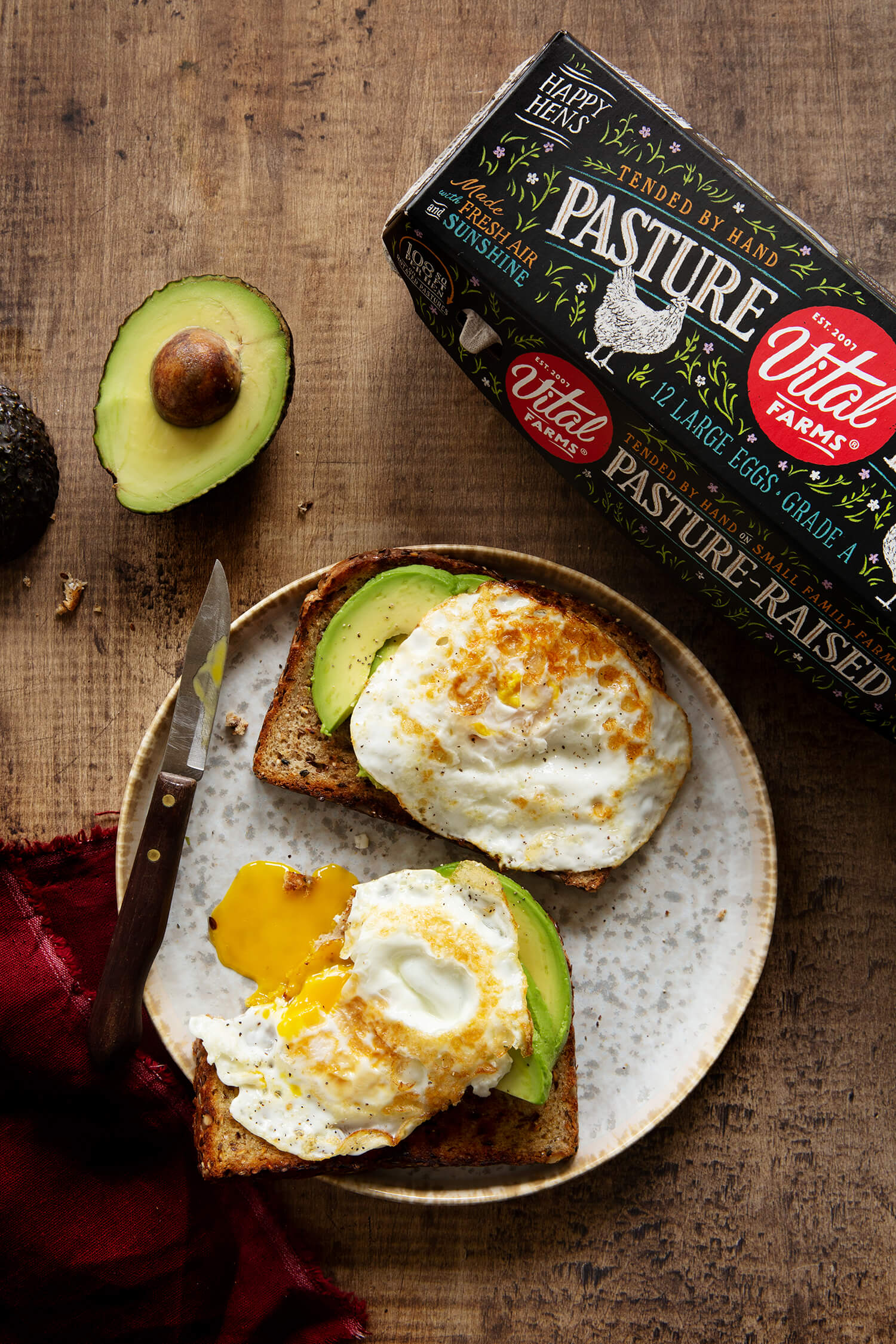Nothing inspires quite as much passion, debate, and anxiety as cooking food over a fire. We know that cooking produce and meat on the grill is one of the highlights of warmer weather, so we want to set you up for success with these grilling tips. Since our company was built to eliminate food waste, we want to help you avoid the sad fate of pulling something mushy, sad, singed, or inedible off of your grill.
The good news is that grilling is actually the perfect way to prevent food waste. It’s an easy answer to the question of what to do with the motley crew of veggies rolling around in your crisper drawer. It’s also a perfect way to put long-neglected spices and sauces to delicious work! Grilling is truly an endless source of fun and flavor. Let’s start with the basics.
What to grill
- The world of grilled veggies is bigger than just zucchini and peppers. Have you ever tried grilled lettuce? Grilled romaine and radicchio, in particular, are astoundingly flavorful. The heat of the grill makes these heartier greens become sweet and smoky and lose almost all of their bitterness. But be careful, they cook very quickly!
- Veggies don’t get to have all the fun. Try grilling your favorite fruits, since the grill caramelizes their natural sugars and makes them sweeter with no added ingredients. Our top picks for fruits to grill are pineapple and peaches!
- Use grilling to build flavor for a sauce. Try grilling tomatoes, onions, or chili peppers and then blending them into your favorite salsa. The grill adds an amazing depth of flavor that’s hard to get any other way.
- Set your meat up for success. When picking a type of meat to grill, remember that cuts with more fat like chicken thighs or skirt steak are more forgiving than leaner cuts like chicken breasts or pork loin. Leaner cuts like these benefit from brining and indirect cooking (more on that below) so they don’t dry out. If you’re intimidated by grilling a large cut of meat, try giving it some more surface area to cook faster and more evenly. Try butterflying pork or beef roasts or spatchcocking a chicken so they’re easier to cook on the grill.
How to grill
- Use both direct and indirect heat. A common grilling frustration is that panicked sense of “racing against the clock” while a chunk of meat or veggie is burning over your heat source. An easy way to solve this problem is to set up one part of your grill for high heat, and another for low or no heat. This approach lets you mark something up over the high heat zone and then transfer it to the low heat area to finish cooking while you cook the next phase of items over high heat.
- Par-cook tough items ahead of time. Another common grilling stress is worrying about burning the exterior of something that’s still undercooked in the middle. An easy compromise is to cook items ahead of time and use the grill to finish them. If you’re grilling a tough veggie like a leek, sweet potato, or carrot, try roasting or boiling it ahead of time and using the grill only to get extra flavor, color, and texture. If you’re cooking a big chunk of meat, consider starting it in the oven and finishing it on the grill. You could also mark it on the grill and finish cooking it in the oven.
- Let meat rest before slicing it. You’ve probably heard this one before, and for good reason. If you cut meat as soon as it comes off the flames, you’ll lose a lot of the juices, making a mess and drying out your meat. The internal temperatures of meat will “carry over” and continue to rise between 5 and 20 degrees even once it’s off the heat, so cutting into yours too soon can also result in meat that’s less done than you wanted it to be. We recommend letting meat rest for 5-10 minutes so the heat and juices can distribute more evenly.
- Try adding sauce at the end. While we’re all for marinating meat or veggies ahead of time, we caution against adding too much sauce too early. Your sauce can easily burn or evaporate off if you’re not careful. Try reserving some sauce to brush over your grilled meat or veggies at the end of cooking. This way, the flavor stays bright and fresh. This tip is especially true for sauces with citrus juice in them, since heat destroys the flavor of fresh citrus juice and makes it taste bitter. When in doubt, a squeeze of lemon or lime juice at the end of cooking improves 99% of grilled items. The same goes for a sprinkle of chopped herbs like mint, cilantro, or parsley.
We hope that your summer grilling will provide you with some of the comforting normalcy we’ve all been craving lately. The number one rule of grilling is to have fun and enjoy being outdoors, so it’s hard to go wrong there. Be sure to tag us @imperfectfoods on social media and use the hashtag #cookingimperfect to share your next grilling adventure!
